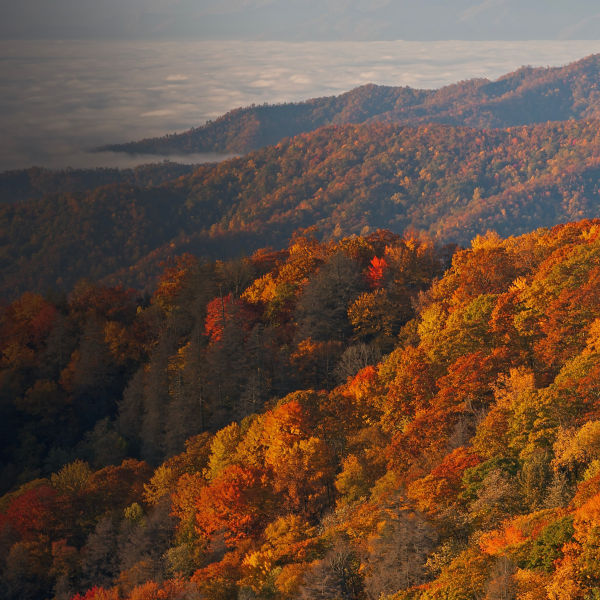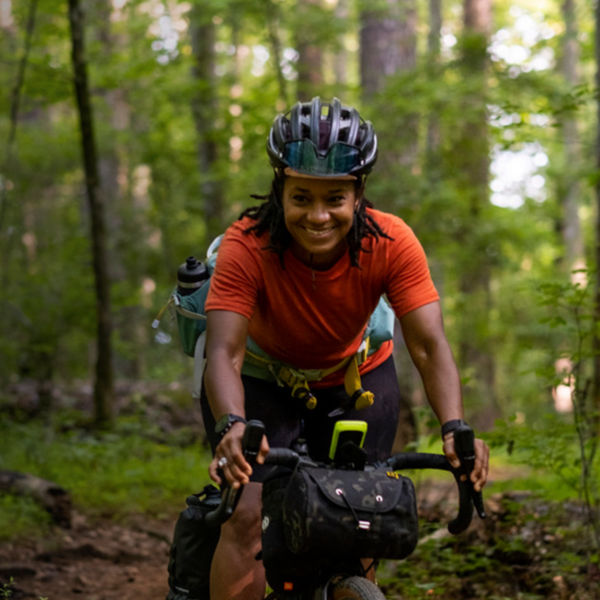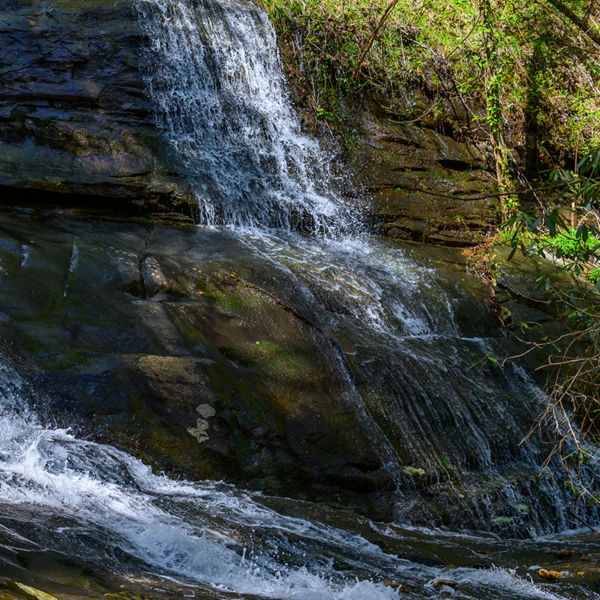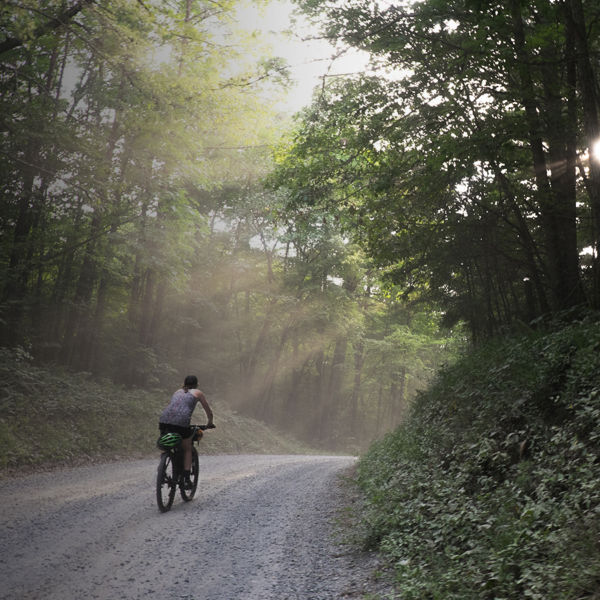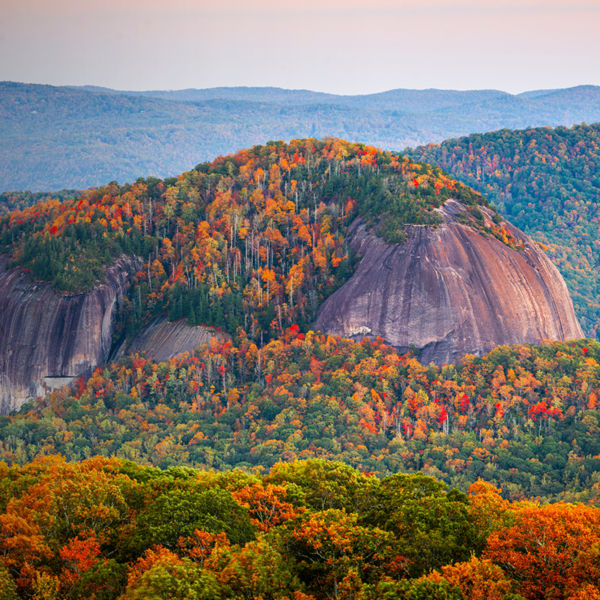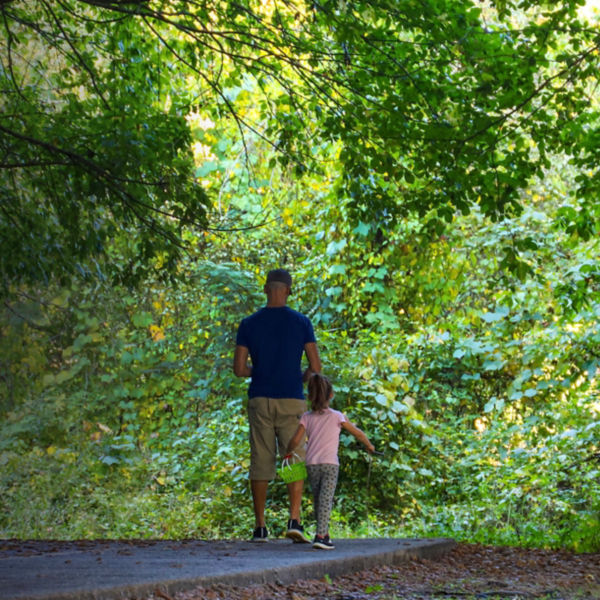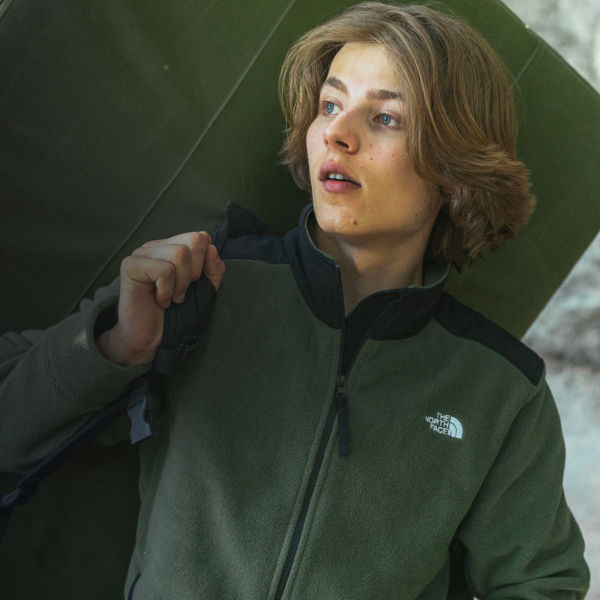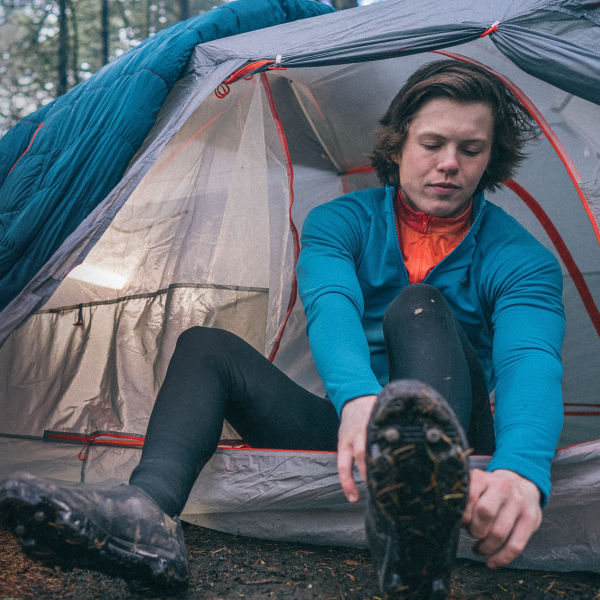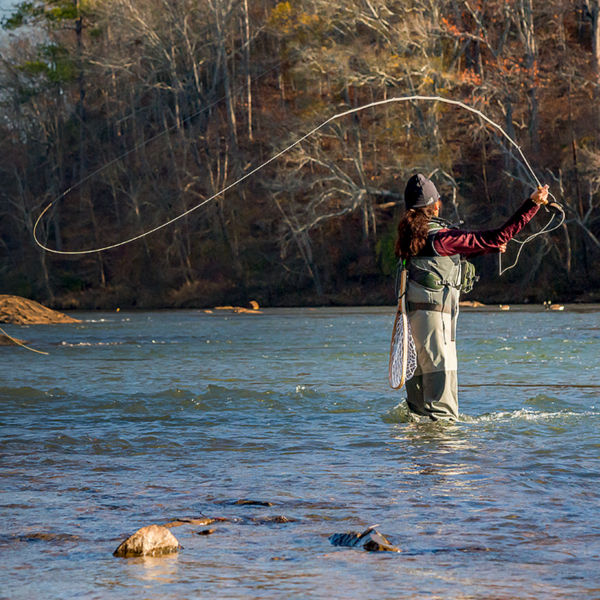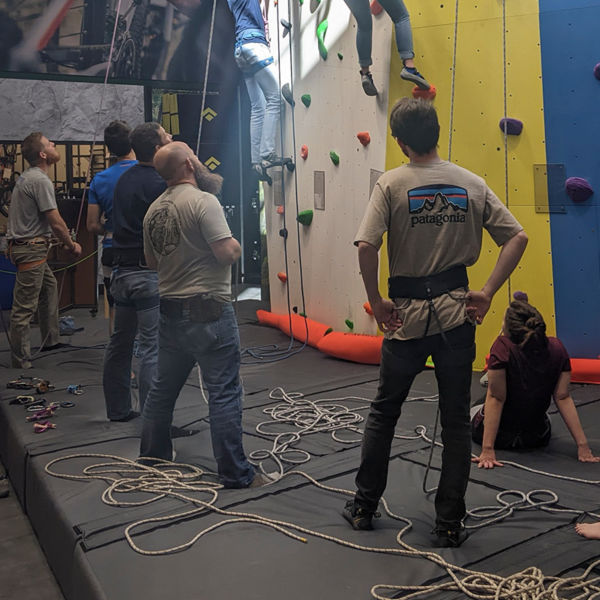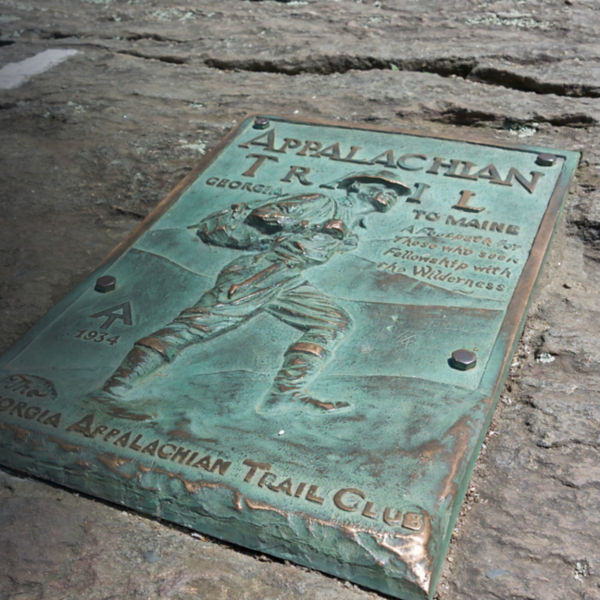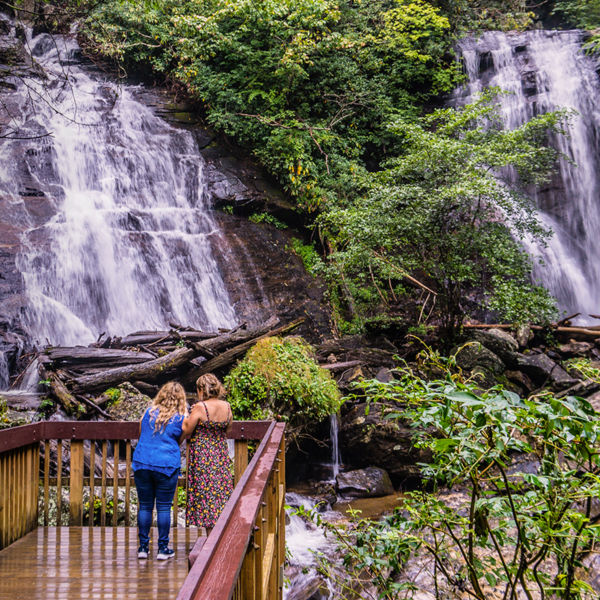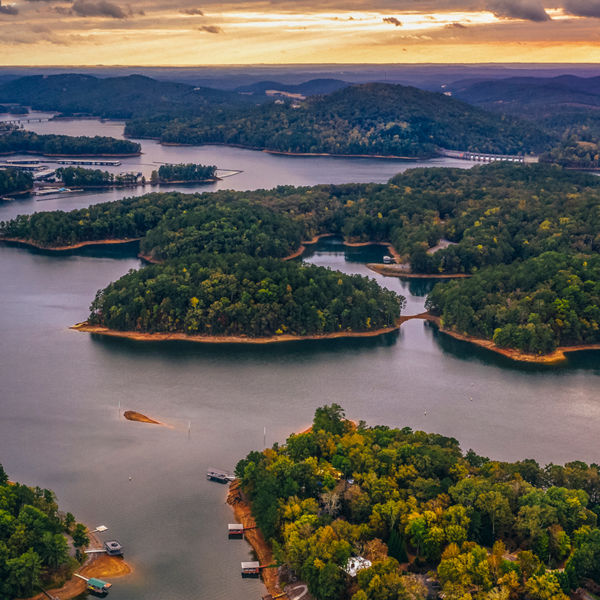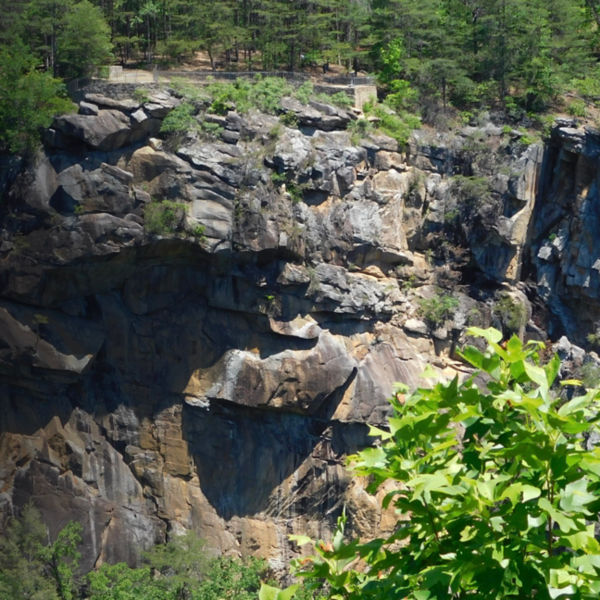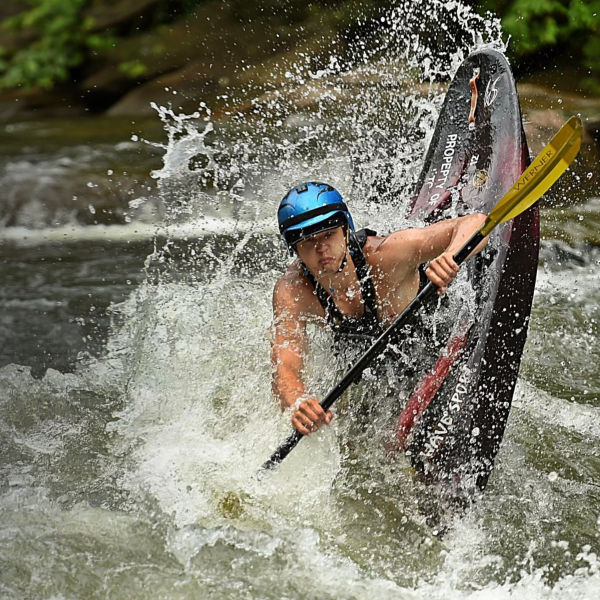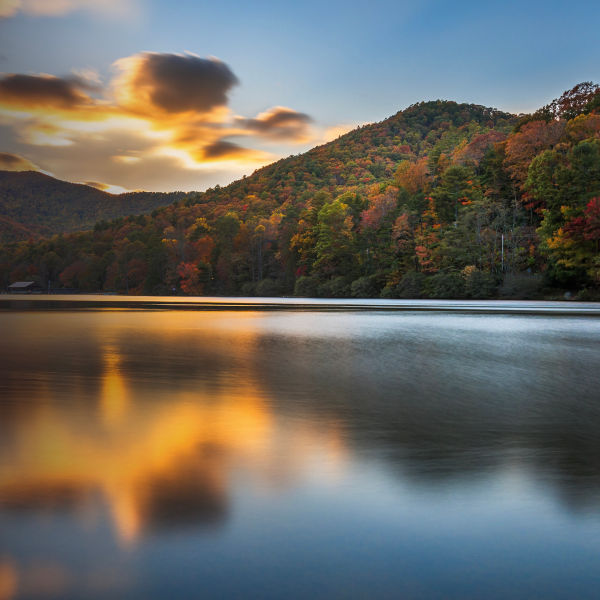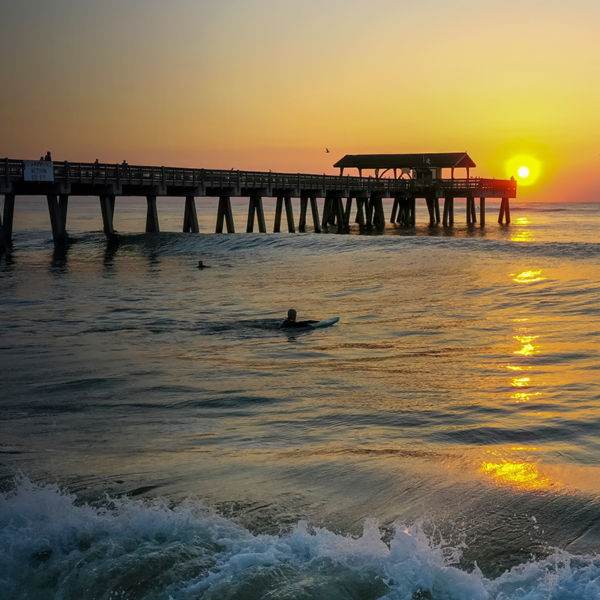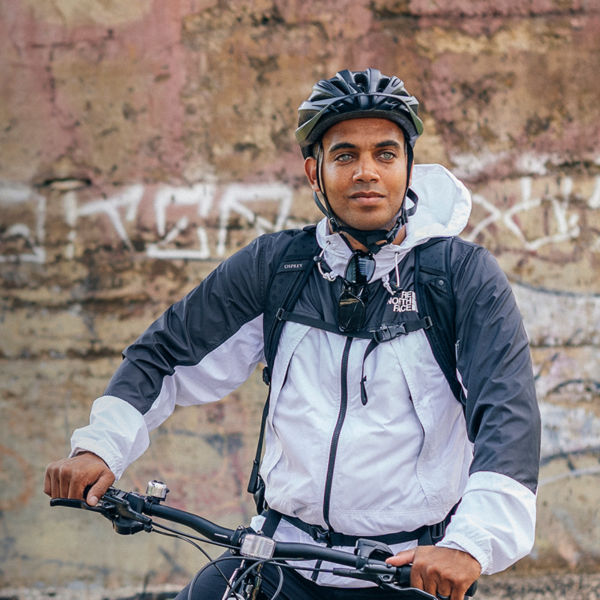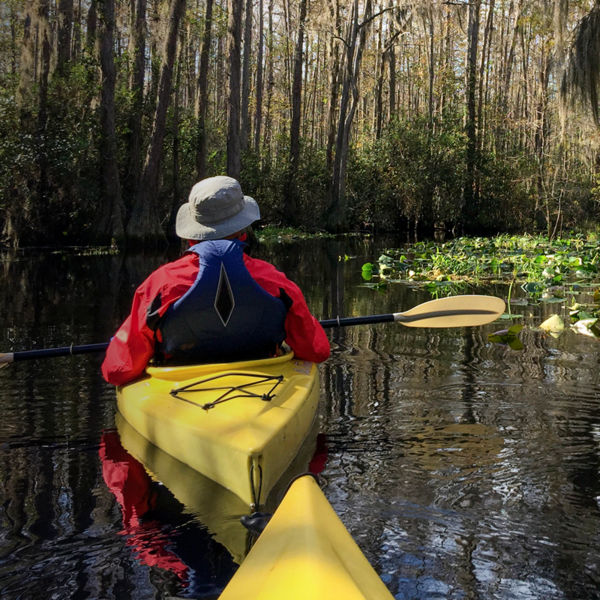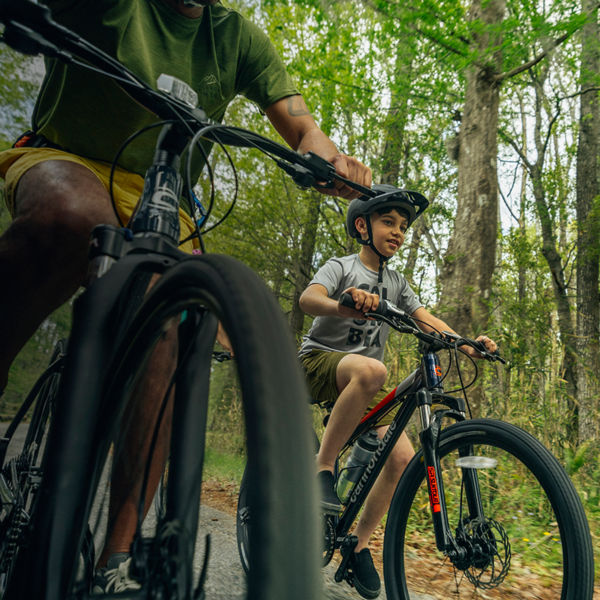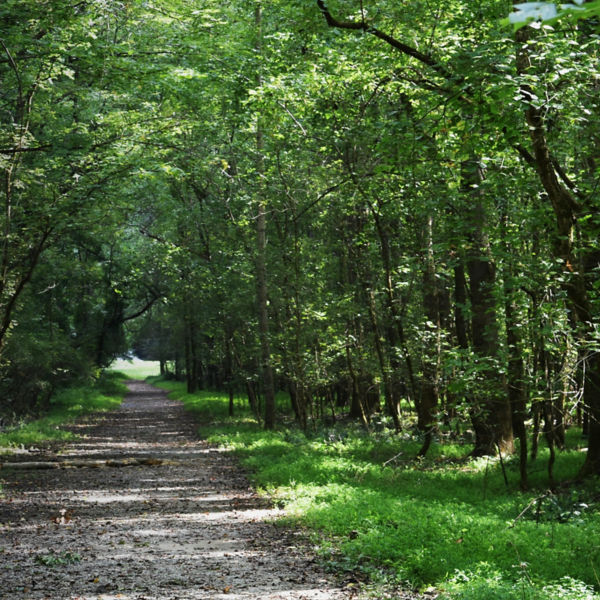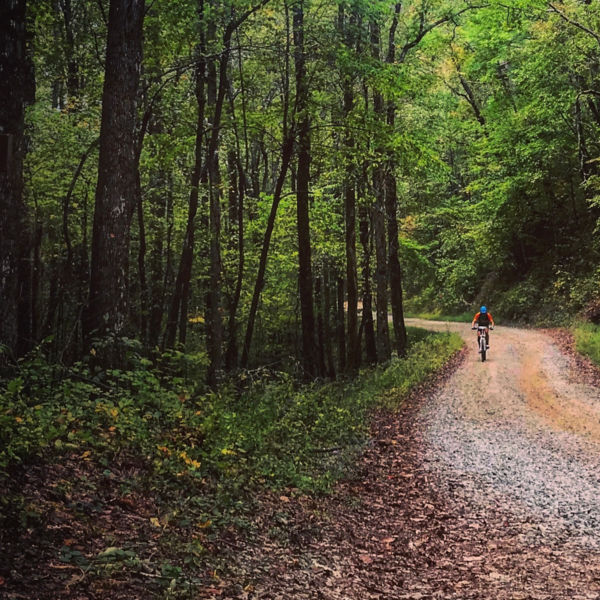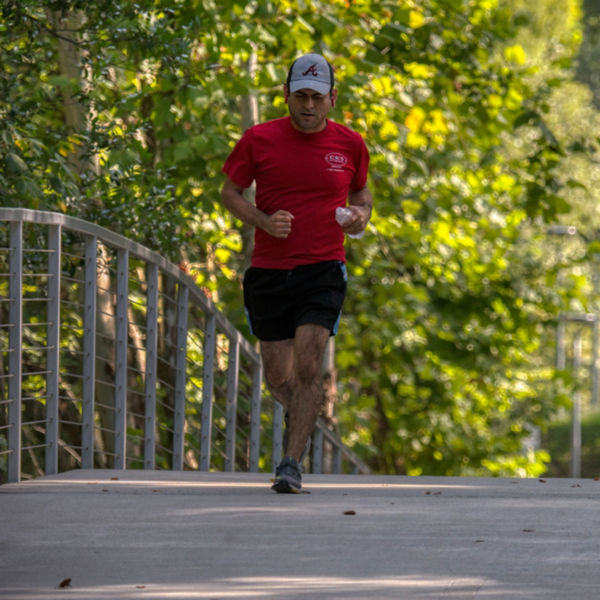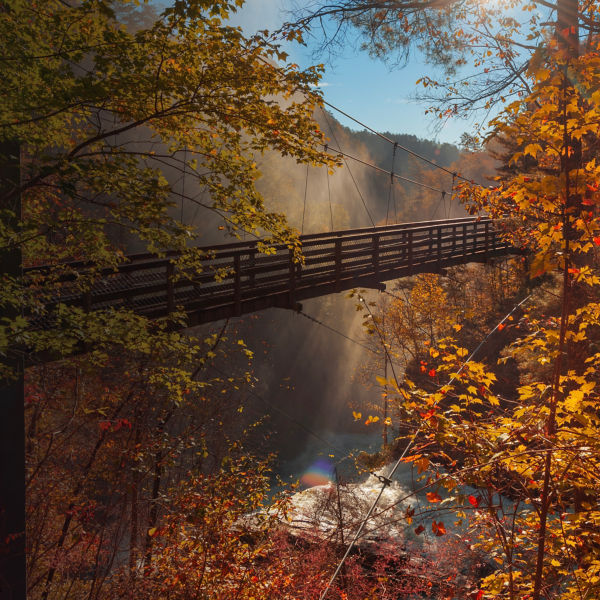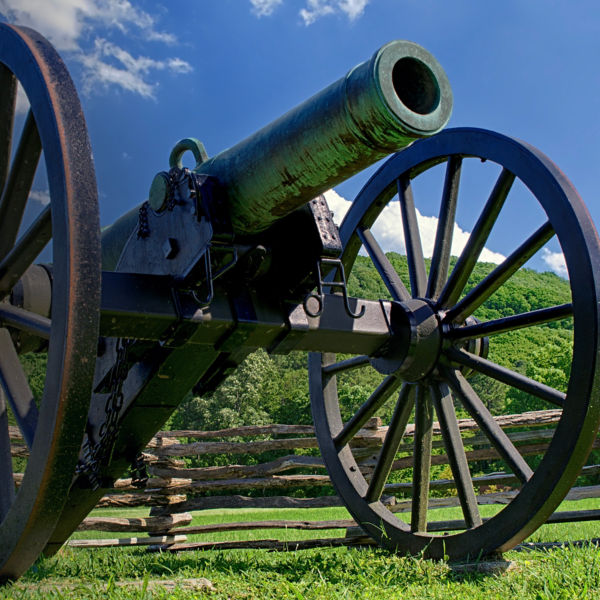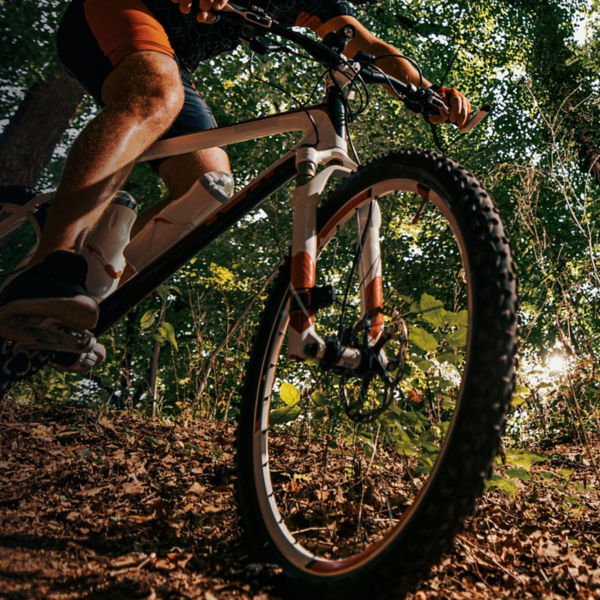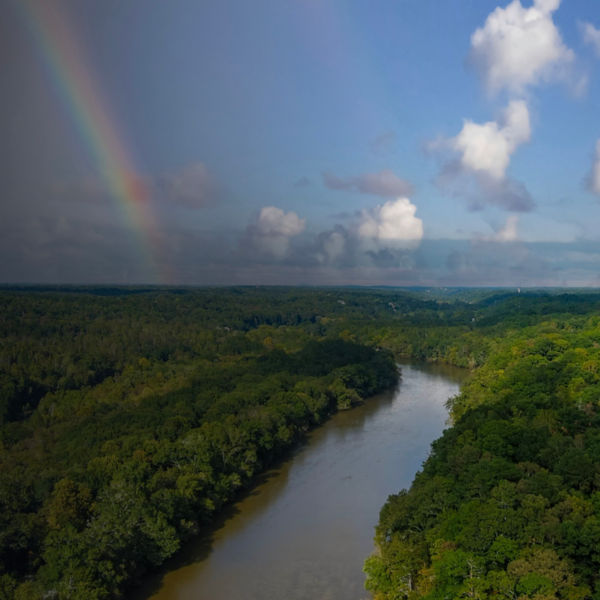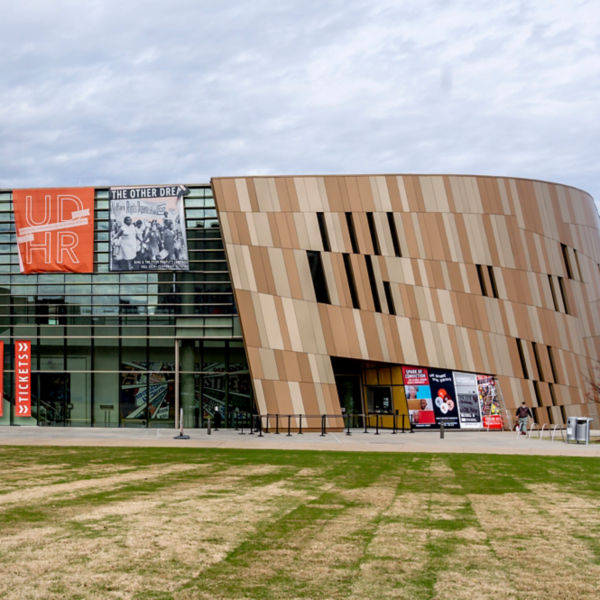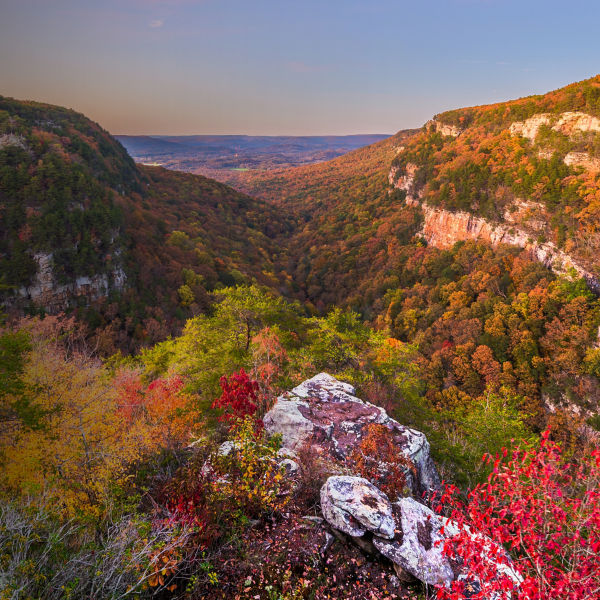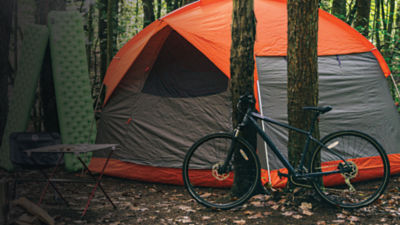
The Chattahoochee River starts as a spring on Coon Den Ridge in the mountains of northeast Georgia and runs 430 miles south until it joins with the Flint River in Florida to create the Apalachicola River. Between that spring and that confluence, the Chattahoochee takes on a variety of different personalities. In North Georgia, it’s a shallow, cold trout stream winding through the mountains. For most of its journey in South Georgia, it’s a wide, linear lake, although punctuated by one short stretch of absolute chaos during a mile of Class III-IV whitewater in Columbus, Ga. But the stretch along the edge of Metro Atlanta might be the most spectacular. There, a 48-mile segment of the river is designated the Chattahoochee River National Recreation Area, managed by the National Park Service and protected by a buffer of green space that’s blessed with access points, boat ramps and trail systems.
The ’Hooch through the National Recreation Area is also designated a National Water Trail. Consider it a sinuous park running along the edge of the busiest and most populated city in the South, giving millions of people quick access to boating and fishing. And the people respond; roughly 3.4 million people visit the Chattahoochee River NRA every year. The trails surrounding the river have become increasingly popular, but if you want a true wilderness escape in Atlanta’s backyard, you need to hit the water. Here’s a quick guide to the best stretches of the Chattahoochee River, both inside the National Recreation Area and beyond.
Best Spot for Easy Access
There are a dozen boat ramps scattered throughout the 48-mile stretch of NRA managed by the park service and another half-dozen managed by various municipalities, so access isn’t an issue and you can easily customize a canoe trip that will suit your specific needs. If you’re looking for a short day-trip, consider the 3.3-mile paddle from Powers Ferry to Paces Mill through the Palisades unit of the Chattahoochee River National Recreation Area. The stretch of water is calm, with the occasional Class I-II shoal, making it an ideal spot for beginners on their first paddling excursion. And the scenery is truly wild as the buildings and traffic of Atlanta are replaced with a dense hardwood canopy and the gurgle of the river. More info: nps.gov





